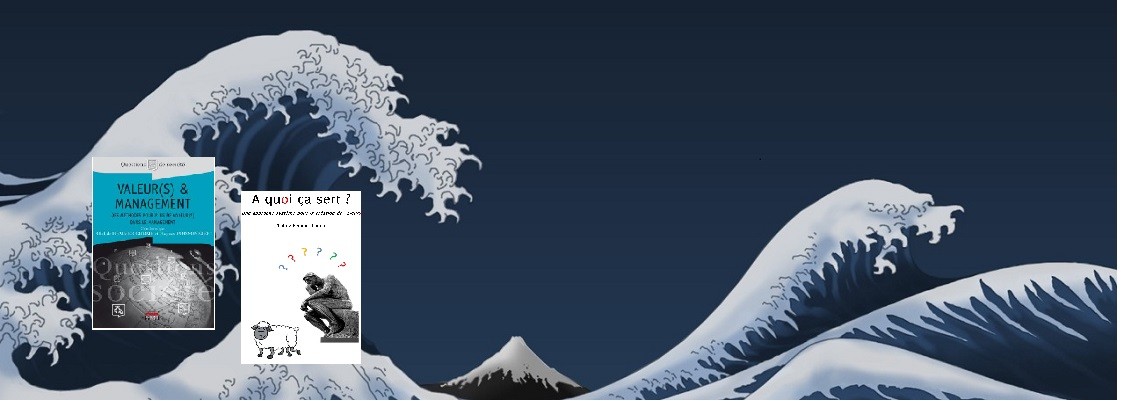![]() The 12Manage website presents an article about the « 5 Whys » method by Ger de Waard, Management Consultant in the Netherlands.
The 12Manage website presents an article about the « 5 Whys » method by Ger de Waard, Management Consultant in the Netherlands.
« DESCRIPTION OF THE 5 WHY METHOD
The « 5 x why » method has been developed by Toyota to perform an iterative Root Cause Analysis of production-related problems. The « 5 x why » method is one of the available tools for performing a root-cause analysis. Its simple design and effective output made the 5 x why method also into a popular method used in Kaizen, Lean Production, Six Sigma, Value Stream Analysis, etc.
… The 5 x Whys can be used for several things:
- VALIDATING ASSUMPTIONS …
- DETERMINING ROOT CAUSES …
- FINDING NON-VALUE ADD ACTIVITIES … «
I couldn’t avoid to react :
Of course asking « Why ? » is helpful in validating assumptions and pointing out the ‘root causes’, and therefore in solving problems. Causality is at the heart of the ‘cartesian’ way of thinking, basis of scientific reasoning.
But asking « Why ? » to find non-value add activities is very different !
The ‘why’ question allows both answers: ‘because…’ (cause) and ‘in order to…’ (goal). The non-value activities are the ones not participating to the goal, not the ones related to causes ?!
The majority of issues involve people, who are definitely more driven by goals (future, positive, to be attained) than causes (passed, negative, not to be repeated). Apart from ‘causality’, let us then not forget ‘teleology’, at the heart of systems thinking?!
We are trained extensively -since we were children- to answer in terms of causes. But aren’t the children more interested in understanding the purpose / goals… of things than knowing their cause? Is the chidren asking why it rains more interested in understanding the cycle of water from evaporation to clouds and precipitations, or to see the importance of water for plants and life ?!
This is why (sic !) I by far prefer to ask « What for? » to solve problems: many very efficient methods were developed on pointing out the goals before imagining solutions: Blue Ocean, Business Model Canvas, Customer Perceived Value, Value Analysis, Lean, Shared Value, Business Analysis …
